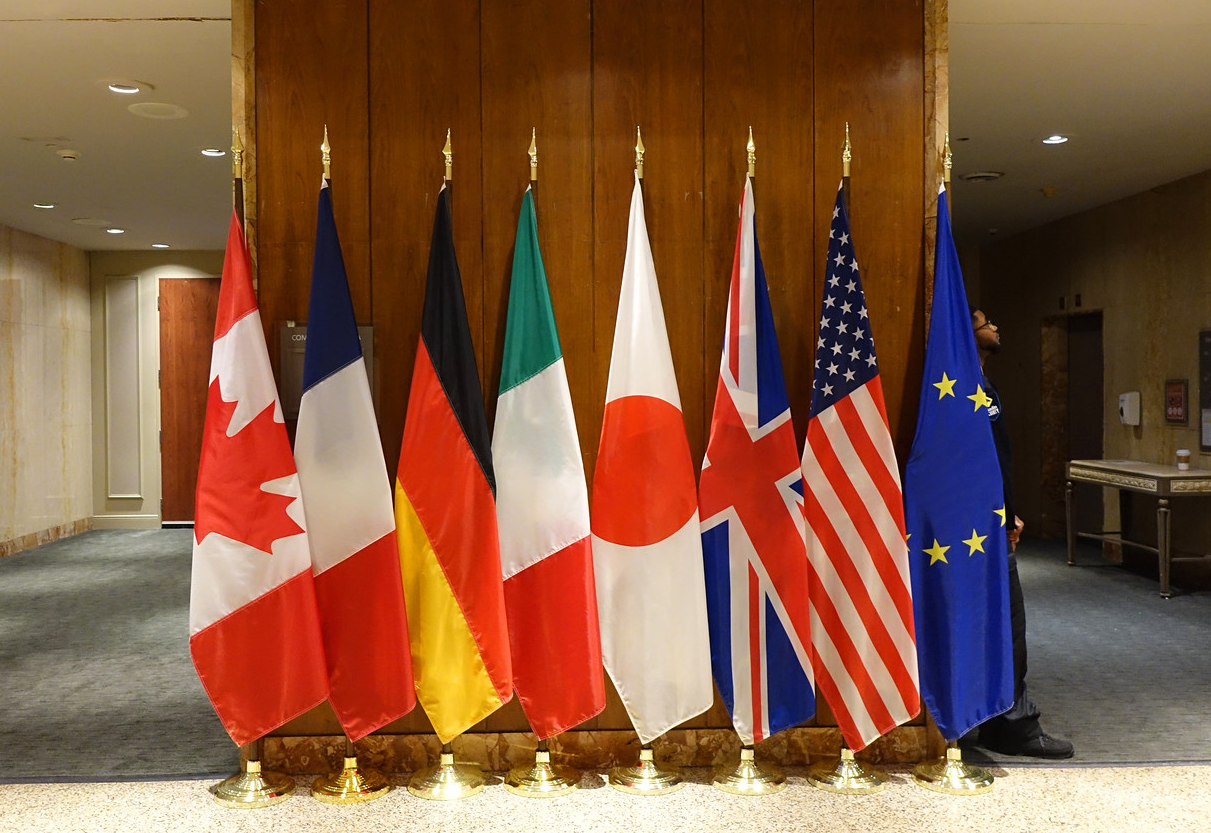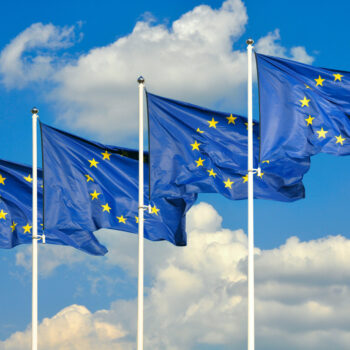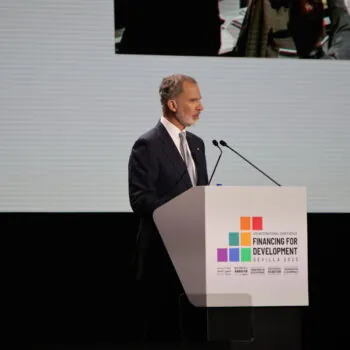- The war in Ukraine has thrown the global economy into one of its deepest crises and has put existing global governance structures under extreme strain.
- The G7 is an essential forum to address Russian aggression and its detrimental impact on the economic resilience of the G7 and its global partners.
- The G7 Energy Ministers yesterday released a statement: G7 Germany 2022: Germany takes over G7 Presidency
Story
In the statement released on March 10th, G7 Energy Ministers recognise that sluggish progress on the energy transition is a major liability and security risk – not only for European countries but for the global economy. It confirms that the accelerated clean energy transition, with demand-side measures such as efficiency at its core, is key for boosting energy security and the overall economic resilience of the G7 and beyond. The clear focus on clean energy and readiness to look for solutions to the crisis in coordination with developing economies sets the right tone for G7 priorities over 2022. However, the G7 Energy Ministers’ statement introduces some high-risk strategies that need to be critically revisited.
The Good
- Expression of solidarity with the developing world and acknowledgement of the risks that the current crisis poses for their economies.
- Readiness to work with Indonesia G20 to make sure the platform can still deliver cooperation for a resilient recovery in light of the geopolitical situation.
- Reaffirmation of the major focus on clean energy and efficiency measures acceleration, and adherence to the announced climate goals.
- Acknowledgement of the IEA’s recommendations within the 10-points plan to reduce Europe’s dependence on Russian gas that underline no need for new investments in gas production or new gas infrastructure, with maximising the existing capacities being the priority.
The bad
- Persistent focus on boosting investments in midstream gas infrastructure that could lock in further gas demand. Expanding gas infrastructure cannot contribute to resolving the crisis in the short term. In the long term it perpetuates exposure to price volatility, carries a high risk of asset stranding and exacerbates the climate crisis.
- Lacking a clear offer to ramp up clean energy finance to support other fossil fuel importers in their transition away from dependence.
- Lack of clarity over what support G7 countries can offer to the most vulnerable economies to alleviate the short-term shocks of the commodity, energy price and supply crises as well as the post-COVID-19 recovery, now at risk.
Quotes
Maria Pastukhova, Energy expert at E3G said:
“The war in Ukraine has made it clear that oil and gas dependency is a security liability. For G7 countries and developing economies grappling with the crisis alike, doubling down on transition is the most powerful instrument to eliminate this. This needs a clear commitment to accelerate the reduction in fossil fuel demand and a ramp up of clean energy finance, supported by an actionable timeline until the end of 2022.”
Domien Vangenechten, Industry expert at E3G said:
“Now more than ever, an open and cooperative approach to climate alliances is needed. Deeper international cooperation across traditional North-South divides is necessary to rapidly decarbonise industry and reduce its dependency on fossil fuels.”
Pedro Guertler, Energy efficiency expert at E3G said:
“Enhanced energy efficiency and fossil-free heating for our homes and buildings will permanently convert fossil dependency and profits into reduced living costs for all. Beyond warm words, it is not evident that G7 nations are poised to accelerate progress here. To benefit ordinary people while meeting security objectives, the G7 must work together and with others this year to boost supply chains and public finance for efficiency and clean heating.”
Available for comment
Maria Pastukhova (EN, DE, JP, RU), Senior Policy Advisor, Energy Diplomacy
m: +49 157 77919558, maria.pastukhova@e3g.org
Lisa Fischer (EN, DE, ES, FR), Programme Leader, Energy Systems,
+447710167754, lisa.fischer@e3g.org
Domien Vangenechten (EN, NL), Policy Advisor, EU Industrial Policy and Industry Decarbonisation
+32474871827, domien.vangenechten@e3g.org
Pedro Guertler (EN, DE) Programme Leader, Place-Based Transitions
+44 (0) 7867 314 004, pedro.guertler@e3g.org
Notes to Editors
- E3G is an independent climate change think tank with a global outlook. We work on the frontier of the climate landscape, tackling the barriers and advancing the solutions to a safe climate. Our goal is to translate climate politics, economics and policies into action. About – E3G
- For further enquiries email press@e3g.org or phone +44 (0)7783 787 863


